Losing Clark: His last expedition
February 23, 2011
In an office that sits in the heart of the history department, Dr. Andrew F. Clark’s collection of artifacts and stories from Africa spanning the 20 years he spent as a professor at UNCW haven’t been touched. The pillow he used for his back is still sitting in his office chair. Shoeboxes of index cards labeled “Oral Histories” are squeezed on a shelf surrounded by books. Maps of Africa and cultural tapestries line the walls of a silent room, and yet they speak volumes.
A rack faithfully carries a briefcase and a few extra shirts as if Dr. Clark will return any moment. But his family will take them down this week, because for once he won’t be returning.
A memorial service was held for Dr. Clark’s family, friends and fellow faculty on Thursday, Feb. 17. Almost every seat was filled, and everyone had a story to share. Dr. Paul Townend, chair of the history department, expressed UNCW’s great sadness in losing Clark.
“We had somebody here for 20 years who deeply understood Africa,” Townend said. “He cared fundamentally about what he was doing. I don’t think there was anybody who was more of a scholar.”
Students and colleagues describe Clark as an animated, well-read and passionate character. Clark’s Ph.D. in African history from Michigan State University and his volunteer work for several years in the Peace Corps provided him with extensive knowledge of western Africa that he used to enlighten his students. He also served as an expert in asylum cases involving African immigrants, and he worked with the Amnesty International group on campus. He wrote several books and his involvement was valued highly by the history department and former students that say he inspired them to pursue history.
Dr. Clark also inspired one student who now serves as a high school history teacher. Ashley Skinner wrote in her condolences that she called Dr. Clark a griot, a term for the important role of a storyteller in African society.
“Dr. Clark said many times that when a griot passed away it was like a great library burning. With our loss of Dr. Clark, a great library has burned,” Skinner said. “If I inspire any of my students the way Dr. Clark inspired so many of his, I will be doing a great job,” she says.
Tears were shed and smiles were sober, but that afternoon was not lacking laughter and joy.
Lisa Pollard, the professor who took over Dr. Clark’s classes this semester, remembers calling Dr. Clark “The Yankee Clipper, because he clipped little articles from the Wall Street Journal.” Clark enjoyed spreading his knowledge of Africa both in and out of the classroom and often distributed information on current events among his students and colleagues.
“His affection for humanity I found to be most infectious,” Pollard said, reading from a letter from one of Dr. Clark’s graduate students who could not attend.
“‘There is only one race that matters on this earth, and that is the human race’,” she quoted Dr. Clark. “I don’t think anyone personifies that better than Dr. Clark.”
David La Vere, a colleague, said that when he asked Dr. Clark where his favorite place was in Wilmington he replied, “The airport.”
Dr. Townend said that Dr. Clark’s biggest disappointment over the past few years was how his illness made going back to Africa difficult.
However his friends in Africa remember him well. Sue Rosenfeld, Resident Director of Boston University in Niger, met Dr. Clark in the Peace Corps in 1977. In Senegal, Dr. Clark was known as Ousmane, his Senagalese name.
“I feel as though I have been robbed,” Rosenfeld said. “The world has been deprived of a wonderful, compassionate, brilliant Africanist.”
Dr. Clark often stayed in an urban settlement called Bidiancoto, she said, where his reputation among the Peuhl people was unlike any other volunteer. “I myself could bargain for bananas just by saying ‘Ousmane Sow is my friend.’ And the price would go down,” Rosenfeld said.
“He was so at home there,” she continued. “Everyone knew him and loved him. I was offered calabashfuls of cow milk, straight from the udder—an honor—because I was Ous’s friend. Try explaining ‘lactose intolerant’ to a Peuhl herder! Ous and I laughed about that for years.”
Maria Grosz-Ngaté, the Associate Director of the African Studies Program at Indiana University, met Dr. Clark in Dakar when he took her sister under his wing on her first trip to Africa. She was stunned by his death.
“I didn’t even know he was ill, and the news came as quite a shock,” she wrote.
In the classroom, Dr. Clark was known for demanding excellence of his students and often assigned heavy reading assignments. Tiana Pimental, an Honors student who took his Global History class, said that she considered adding a history major while taking his class, but she doubted herself.
It’s really hard to do as well as you did,” Dr. Clark had told her. “I promise you, you’ll make it.”
Dr. Clark will be remembered for his legacy as a lifelong learner. He has inspired others to follow in his footsteps and has deeply influenced the lives of others all over the world.
“I don’t envy the task of filling his shoes,” said Chris Darden, a graduate of the history department.
No one as of yet has stepped up to take his office either.







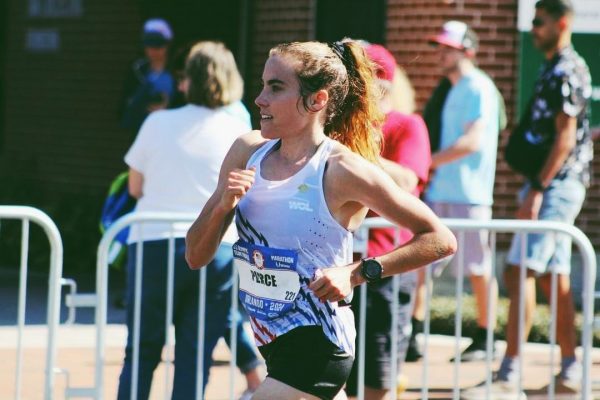
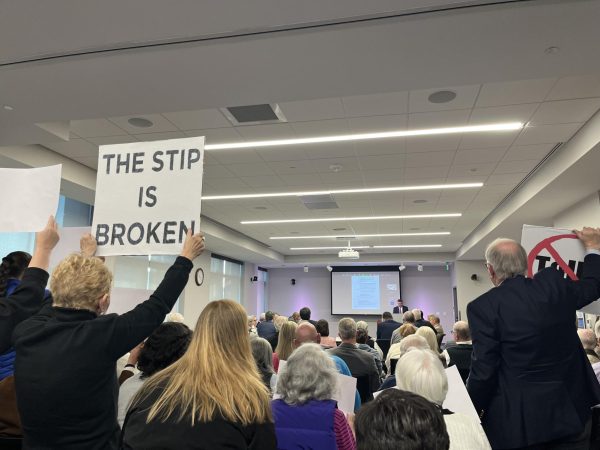
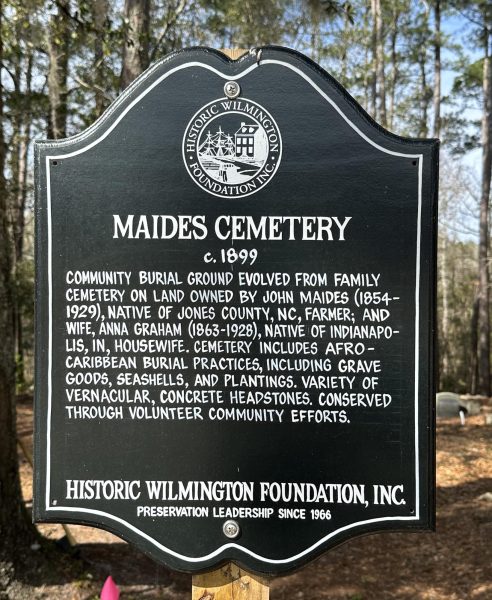



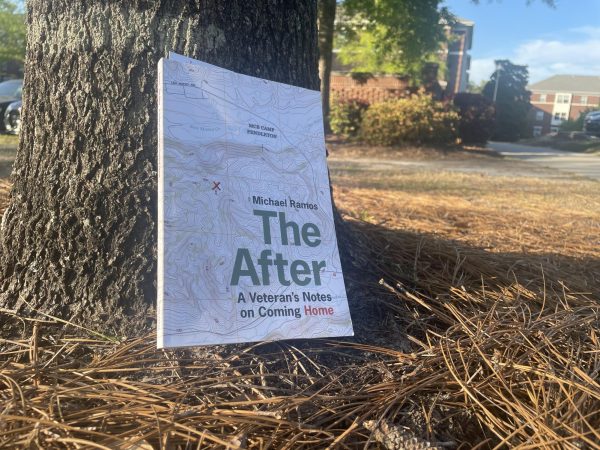
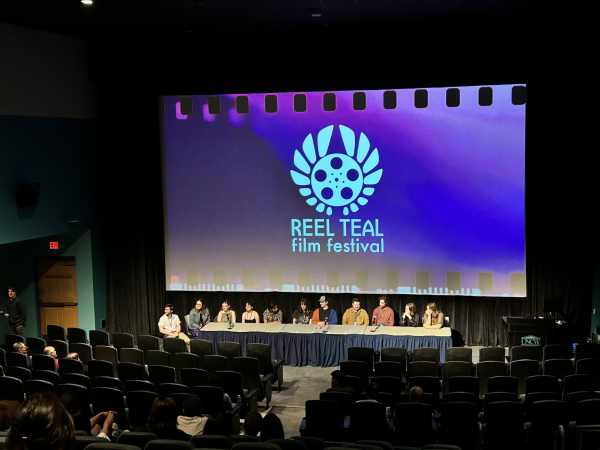

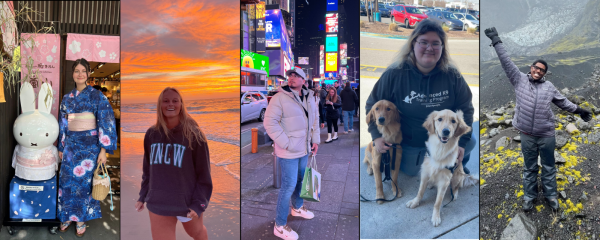
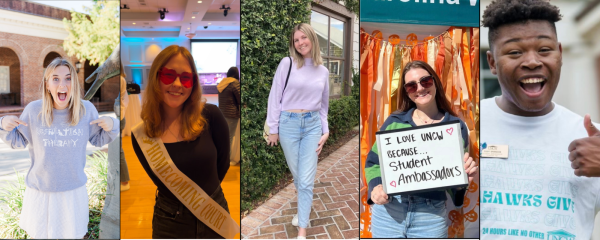
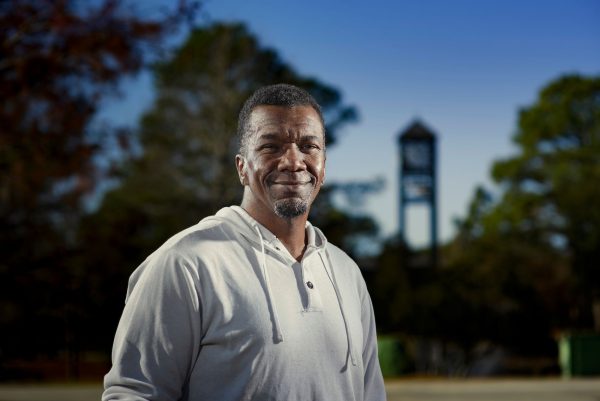

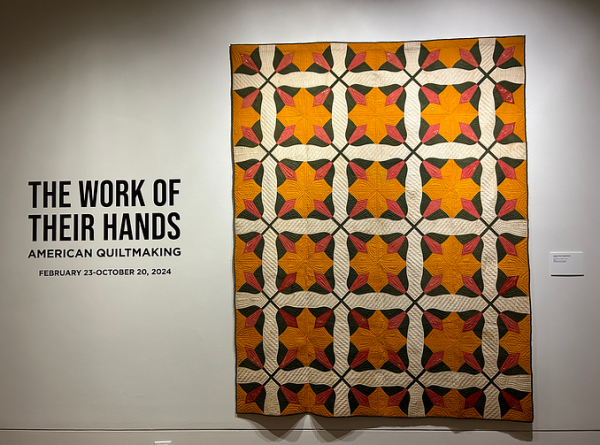

brent stoney • Apr 25, 2017 at 10:15 am
Dr. Clark taught me history of Africa 357 at UNCW. I took the class as an elective. For fun… it was hard, challenging work, but of all the classes I ever took, I can remember many things about his class and the lessons even today nearly 20 years later. RIP Dr. Clark.